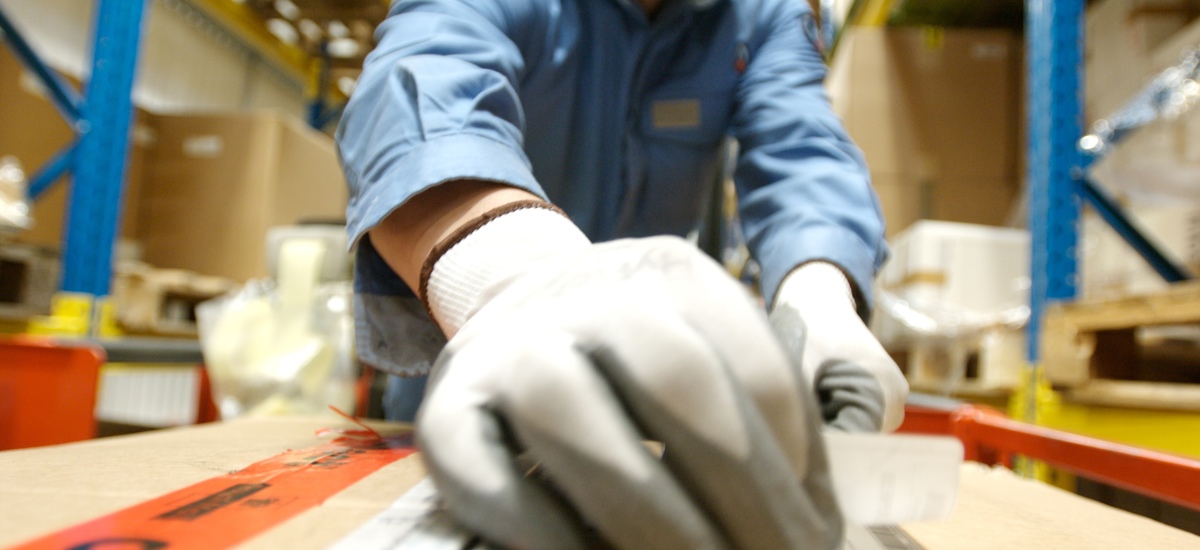Whether buying parts to keep a customer's boiler running or building an oil rig offshore, it's vital we look beyond the immediate financial cost of the product to ensure our suppliers meet the social, ethical and environmental high standards we expect.
We use our purchasing power to uphold sustainable business practices across our supply chain which not only increases reliability of the products and services we buy, but helps protect our reputation too.
To increase transparency in our supply chain and safeguard against risks such as bribery and corruption or human rights abuses, we employ responsible business clauses in supplier contracts, run online supplier assessments and conduct on-the-ground audits.
In 2015, 46 potentially higher risk, strategic suppliers completed an online assessment managed by the independent supply chain sustainability experts, EcoVadis. This was up from 23 suppliers in 2014 and brings our total number of assessments to over 180. Following an analysis by EcoVadis, our average supplier risk score for 2015 was 54 (low risk), which is better than the multi-industry average of 42 (medium risk) and is an improvement on our 2014 score of 51 (low risk).
None of our suppliers were classed as high risk, with the majority securing a low risk rating. This is because most of our suppliers are based in low risk countries such as the UK, mainland Europe and North America. With a growing number of refugees desperate for work, risk in Europe is however growing and we must therefore ensure the rights of refugees are not exploited by companies in our current or future supply chains.
Where suppliers receive a medium or high risk rating, we work with them to raise standards by creating corrective action plans. Since we launched our improved Corrective Action Plan Module in the second half of 2015, three suppliers have already embedded improvements required.
Higher risk suppliers, where necessary, additionally undergo an audit which enables a deeper inspection into how they do business. In 2015 for example, we conducted an independent audit of a factory in China who manufacture marketing merchandise for our customers. In 2016, we plan to audit a uniform manufacturer and establish a cyclical audit programme consisting of around five higher risk suppliers each year.
Key to all of our engagements with suppliers, is ensuring we have mutually beneficial relationships. In 2015, we combined the expertise of our oil and gas suppliers at a Hackathon event, which focused on projects stuck in the pipeline which has since allowed several projects worth tens of millions of pounds to go ahead. Following this success, we have shared the event format and learnings with fellow operators to ensure these benefits are felt across the business. To enable the sharing of best practices across our supply chain, we also plan to host a Supplier Forum in 2016. We additionally seek honest feedback from suppliers via a third party survey so that we can continuously improve our interactions with suppliers.
Want to learn more about our approach to social, ethical and environmental issues? Visit our CR webpages.
